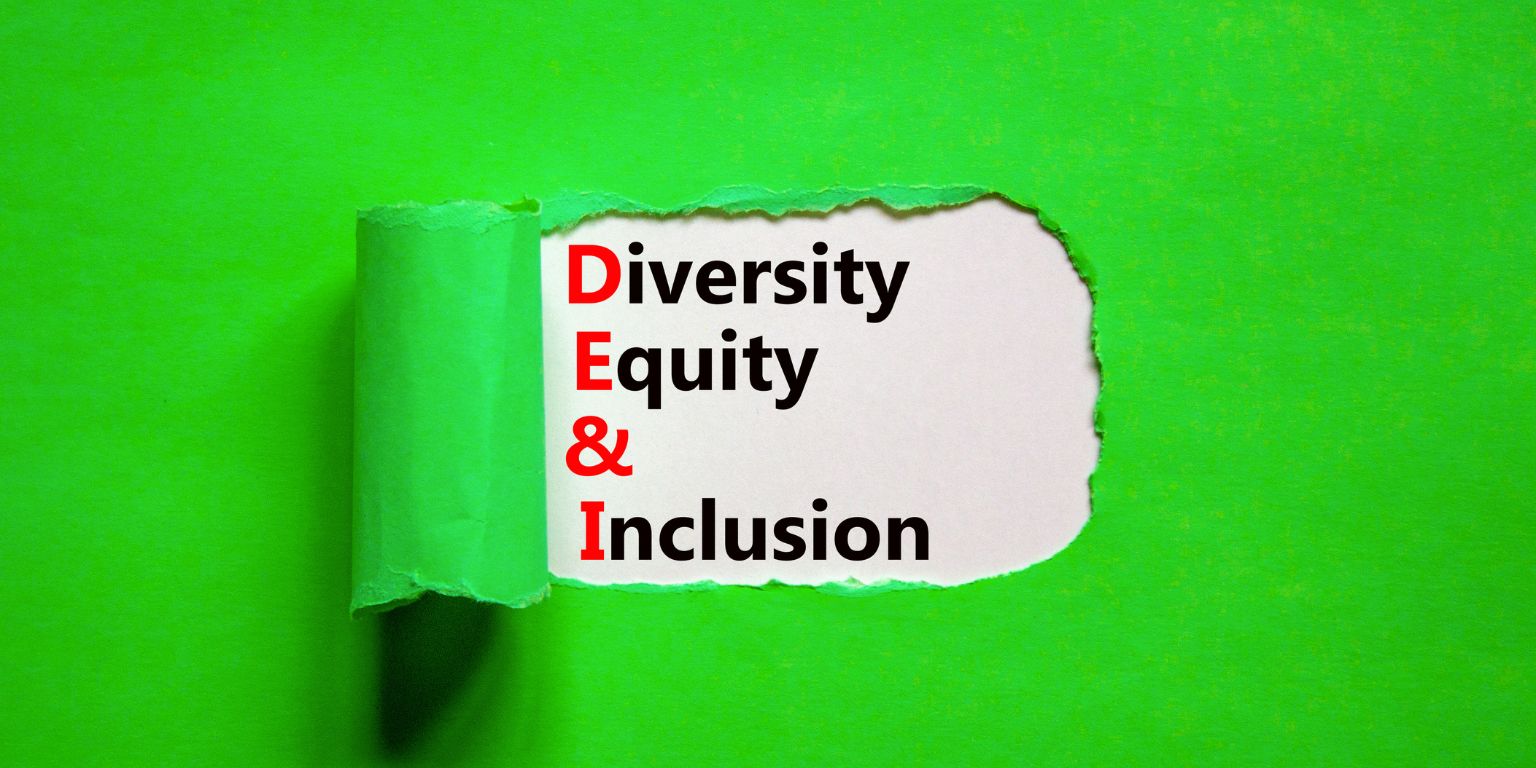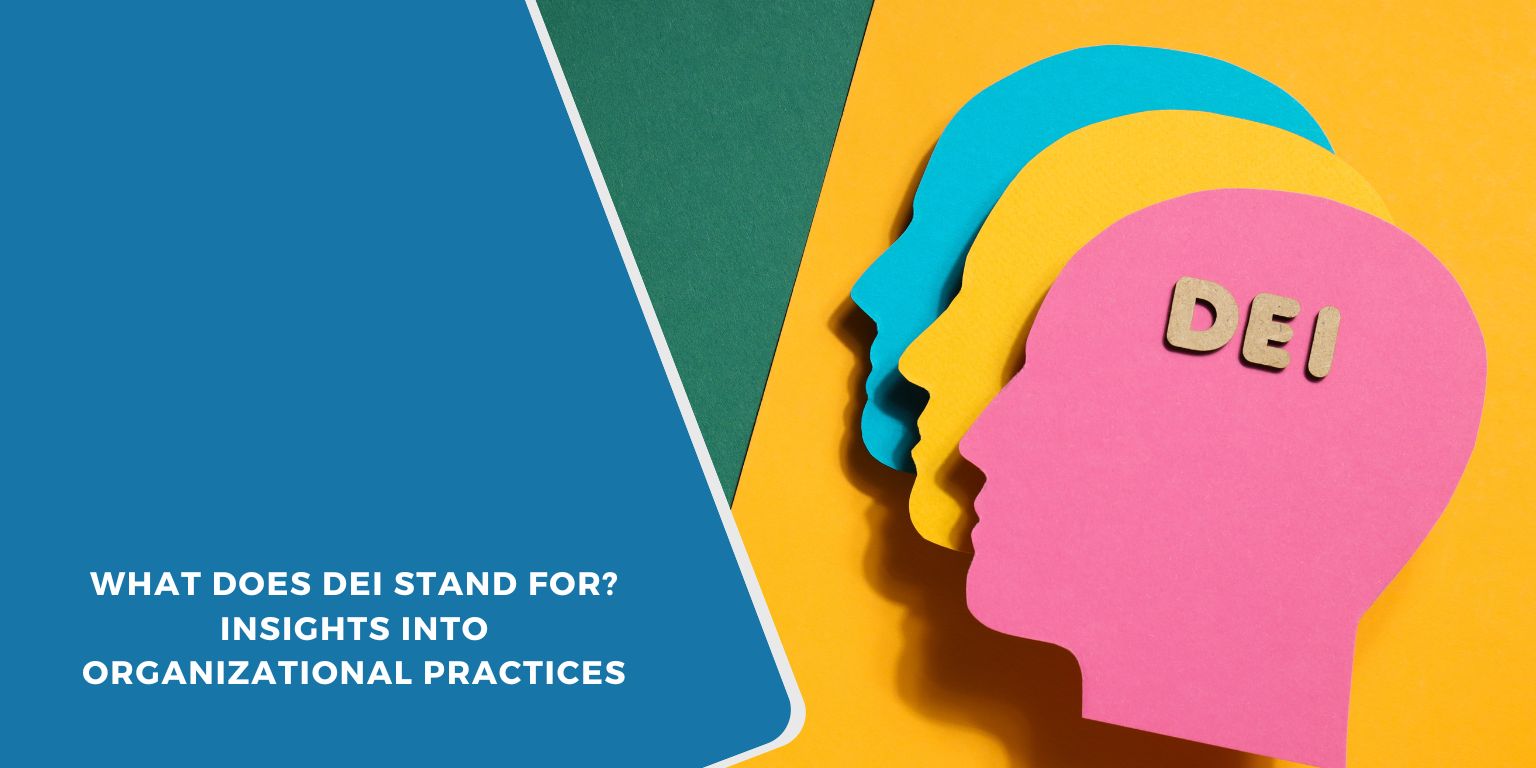The term DEI is becoming more common in schools, workplaces, media, and public policy. If you’ve seen this acronym and wondered what it really means, you’re not alone.
Let’s break it down simply and explore why DEI matters in modern life.
What Is DEI?
 DEI stands for Diversity, Equity, and Inclusion. These three values guide how organizations, schools, and governments treat people and build systems.
DEI stands for Diversity, Equity, and Inclusion. These three values guide how organizations, schools, and governments treat people and build systems.
Each part of DEI has its own role:
- Diversity focuses on who is at the table.
- Equity is about fairness and removing barriers.
- Inclusion ensures everyone feels welcome and heard.
Together, DEI helps create spaces where people from all backgrounds can thrive.
Diversity
Diversity means having people from different backgrounds, life experiences, and identities. It includes:
- Race and ethnicity
- Gender and sexual orientation
- Age, religion, and culture
- Disability status
- Language and economic background
When different people come together, they bring new ideas, wider perspectives, and better problem-solving.
Equity
Equity is about giving everyone a fair chance to succeed. It’s not the same as equality, where everyone gets the same thing. Instead, equity looks at what each person needs and removes the barriers in their way.
This might mean offering extra support, resources, or changes in rules to ensure fairness.
Inclusion
Inclusion means making sure everyone feels like they belong. It’s about creating an environment where people:
-
Are respected
-
Can speak up
-
Are involved in decisions
-
Don’t feel left out
Inclusion turns a diverse group into a true team.
Why Is DEI Important Today?
 DEI helps people feel seen, valued, and supported. It also plays a major role in fixing historic and systemic inequalities, where certain groups have been left out, ignored, or mistreated over time.
DEI helps people feel seen, valued, and supported. It also plays a major role in fixing historic and systemic inequalities, where certain groups have been left out, ignored, or mistreated over time.
In a workplace, DEI often leads to better employee satisfaction, stronger teams, and more creativity. In schools, it helps students from different backgrounds feel safe and supported. Across communities, DEI builds trust and better outcomes for everyone.
Where Is DEI Used?
Companies use DEI in hiring, training, leadership programs, and workplace culture. Many now have DEI officers or entire teams focused on these values.
Also, Schools and colleges use DEI to build fairer admissions processes, include more voices in the classroom, and support underrepresented students.
Public policies shaped by DEI focus on anti-discrimination, access to services, and representation in leadership. Laws around equal pay, disability access, and voter rights often come from DEI principles
What Are the Challenges or Criticisms of DEI?
While many support DEI, it’s not without debate. Some people worry that it could lead to reverse discrimination, tokenism, or that it adds extra pressure on organizations without clear results.
Others point out that DEI programs sometimes fail when they are surface-level or lack proper follow-through.
Still, many believe that addressing unfair systems is worth the effort — and that DEI, when done right, can improve life for everyone.
Has DEI Changed Over Time?
Yes. DEI has grown from being mostly about representation to focusing on deeper changes in culture and structure. New terms are being added too, like:
- Belonging – Feeling truly accepted
- Accessibility – Removing physical and digital barriers
- Justice – Tackling root causes of inequality
Some organizations now use acronyms like DEIB, DEIA, or JEDI to reflect this broader focus.
What Can You Do to Support DEI?
 Even small actions can help build more inclusive environments. You can:
Even small actions can help build more inclusive environments. You can:
- Listen to different voices
- Learn about people’s experiences
- Speak up when something is unfair
- Support policies and leaders who value fairness and respect
Whether at work, school, or home, DEI starts with understanding — and leads to better communities.
Final Thoughts
Knowing what DEI stands for is more than just learning three words. It’s about understanding how to treat others with fairness and respect. Whether you’re a student, a team leader, a parent, or a policymaker, DEI can help you make better choices and support those around you.
If someone mentions DEI, now you know what it really means — and why it matters.


